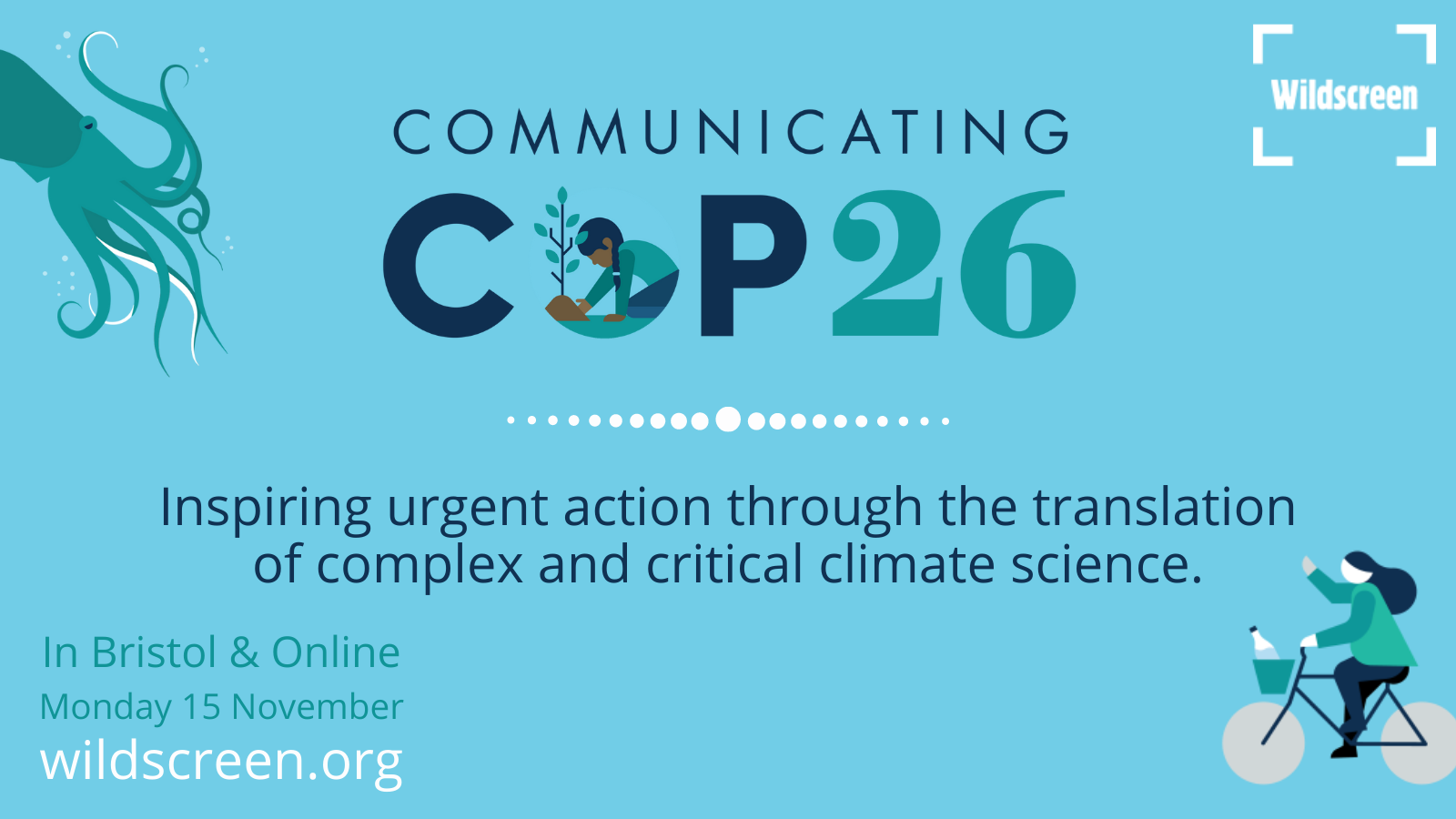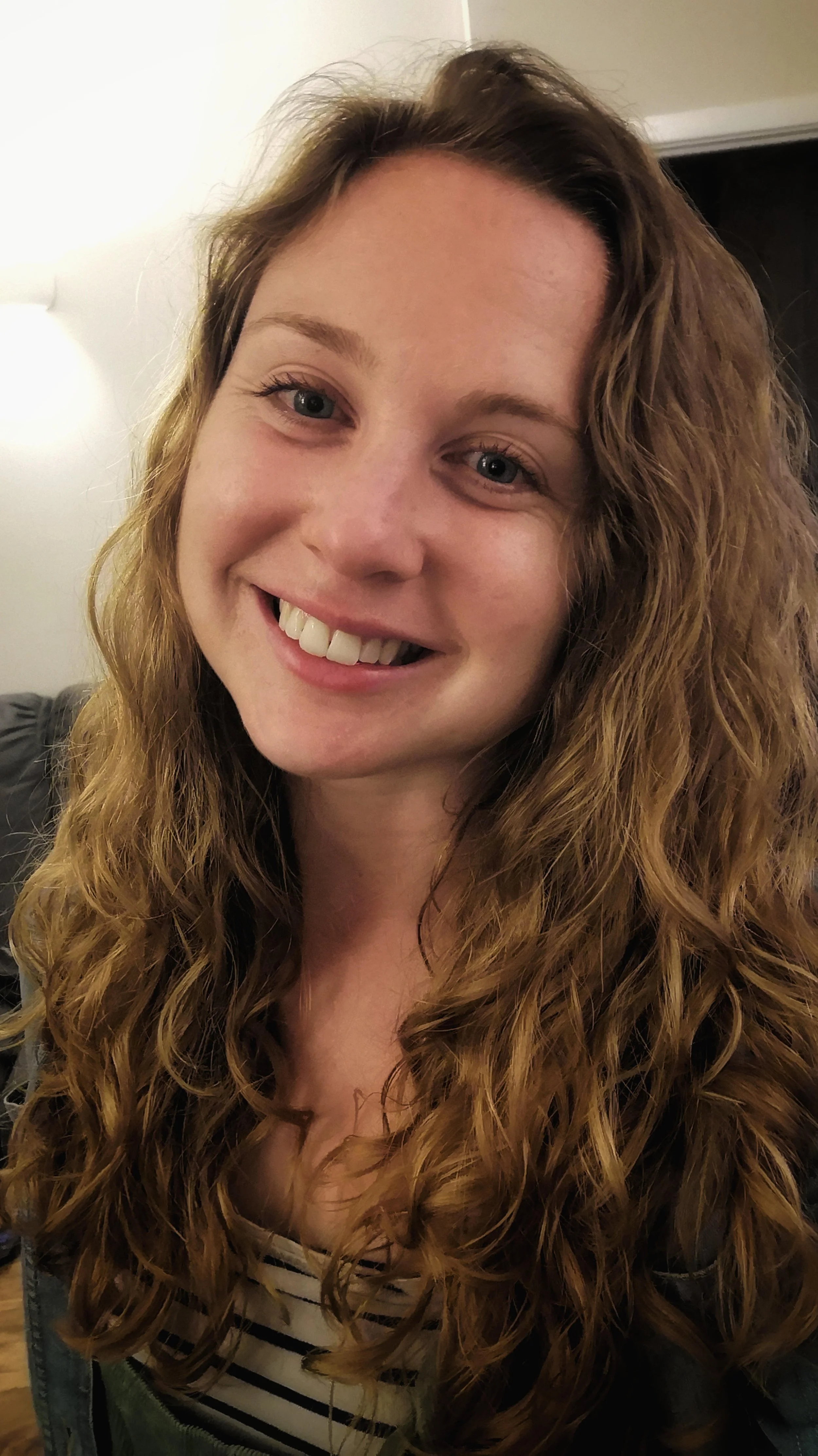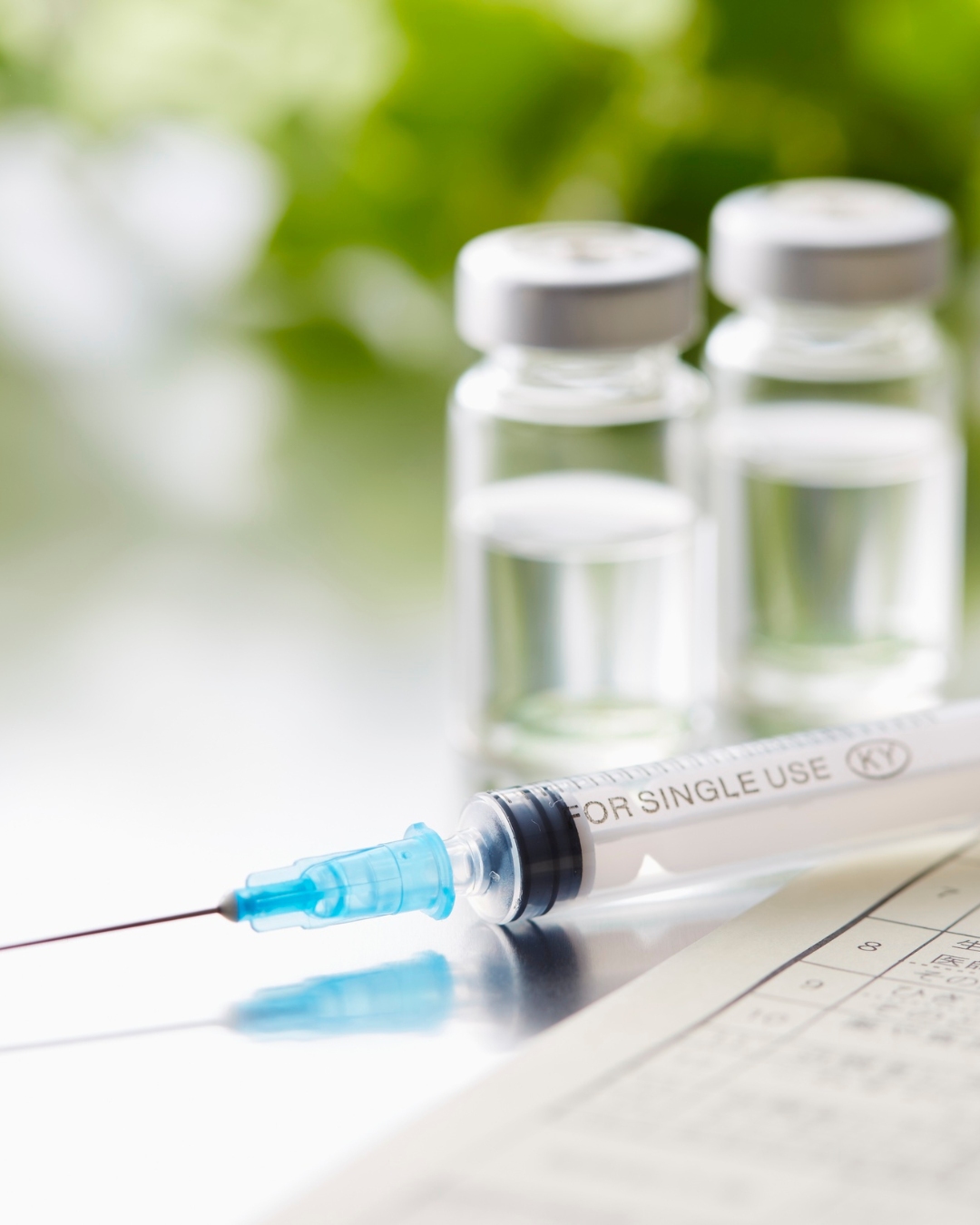Communicating COP26: Why Young People Need to be Involved in Conversations around Climate Change
I first became aware of the threats to our planet when I was eight years old. I was in school learning about the rainforest – the magical beauty, the wonder, the animals… and deforestation. It broke my tiny little heart. I came home to my parents furious that they had allowed this to happen. I felt like I’d been let down by the grown-ups in my life… surely they should have done something about this by now?
Over half a million square kilometres of rainforest have been lost since that day. I am now a grown up and I feel the weight of responsibility hard on my shoulders. As a 30 year old, I am young enough to have been let down by the generations before me but I am old enough that I am letting down the generations behind me. I have benefitted enormously from the degradation of the natural world and from pumping carbon into the atmosphere. I still am.
Throughout my life, I have swung between being care-free and careless about the state of the planet, to being paralysed by fear of what is happening. Countless times I’ve given up, decided the planet is doomed and I might as well consume what I want, live how I want and try my best not to care… only to realise that I cannot let it go. I’ve tried to make a myriad of changes in my personal life, and then been reminded that my other choices are still causing enormous damage. Finally – after years of self-torment - I’ve come to the realisation that I am not powerless. It is not hopeless. We all have a part to play. All our voices should be heard. Especially those of us who have many years left to live on this planet.
One of my biggest learning curves has been to understand that I cannot fix the whole planet, and I should not try to take the whole world on my shoulders. We cannot all be Greta Thunberg – no matter how inspiring that girl is. Whilst I desperately want to stop rainforest deforestation, close down all coal-fired power plants and save every species on the red list from extinction, I’ve realised that I can have much more effect by looking closer to home, taking small steps and encouraging others to do the same. We all can.
In my personal life I have made changes where I can and try not to beat myself up too hard about the areas that I can’t. I’ve gone vegan – although I still enjoy a real cheese pizza every so often. I’ve reduced my plastic consumption – but occasionally I have had little choice but to buy a plastic bottle. I’ve gone green on my home energy – yet I’m guilty of leaving my devices on standby. I try to avoid flying, but my job can involve a lot of travel…
I work as a wildlife filmmaker, working as part of a team making the documentaries similar to those David Attenborough narrates. It’s a dream job – but it is incredibly carbon heavy. In fact, it’s the biggest carbon emitting genre in the TV industry on par with some of the biggest drama feature films. We fly all over the world, travel to remote places and carry enormous loads of equipment with us everywhere we go. Whilst you might think that as people who clearly care about nature, we must be doing this in a way that doesn’t hurt the environment, sadly this is not the case. There have, of course, been steps made to be better but they are not enough. We are stagnated in making films in the way they have always been made and there are many old-school ways of thinking… and so the next generation of filmmakers are stepping up and making our voices heard.
Filmmakers for Future: Wildlife is a volunteer organisation of wildlife filmmakers who are working to make changes in our small corner of the world. Our aim is to reduce the impact of our productions on the planet’s resources, whilst increasing the impact of the messages we put out to the world. Many of us are junior in the industry and have little power in the say of how our programmes are made, but by coming together and making changes from the ground up, we hope to influence our superiors. Already we have brought together some of the most senior members of the industry and provided a regular space for them to discuss working better together. We’ve also secured a space at COP26 in which we plan to screen short films from wildlife filmmakers across the globe who are changing their practices and challenging the status quo, alongside a discussion bringing together high-ranking producers and commissioners and challenging them to make change.
COP26 is the United Nations Climate Change conference – in which every year the world’s leaders come together to try and reach an agreement on how to tackle climate change. This year the 26th meeting is happening in Glasgow, where world leaders will arrive alongside tens of thousands of negotiators, government representatives, businesses and citizens for twelve days of talks. Most experts believe that this year’s conference has a unique urgency. Scientists tell us that this is the “decisive decade”, and that what we do in the next ten years, along with decisions made at this conference, will be the deciding factor in whether we beat or are beaten by climate change.
As a 30 year old, I am young enough to have been let down by the generations before me but I am old enough that I am letting down the generations behind me. I have benefitted enormously from the degradation of the natural world and from pumping carbon into the atmosphere
You and I might not have a seat at the table for these conversations, but us citizens understanding what is being discussed is as crucially important as the decisions being made. Following COP26, Wildscreen is hosting “Communicating COP26” where we are invited to learn more about climate science, receive an accessible summary of the key points of COP26, and learn practical actions we can take at home and work to reduce our impact. It will be a valuable session for anybody who wants to understand more and know how they can be not just a part of the conversation, but a part of the solution. You can find a link to the event at the end of this article.
I’d encourage everyone to think about the part they can play over the next decade, and not underestimate how small actions can make a difference. Think about how you might be able to influence your corner of the world - start conversations with your superiors, make those small changes you’ve been meaning to make, be a part of the conversation.
Whilst I might not have put an end to deforestation, I hope that when my niece comes and asks why I haven’t saved the planet, I can at least say I’ve tried. If even just a fraction of people take a moment to think about how they can influence change, then we will make a difference. No matter how insignificant you might feel.
You can find out more about Communicating COP26 and how you can attend by clicking on the following links:
Communicating COP26 Webpage: https://wildscreen.org/communicating-cop26
Eventbrite Page: https://www.eventbrite.co.uk/e/wildscreen-communicating-cop26-tickets-164460392461
Written by Ida-May Jones
Ida-May Jones is an Assistant Producer making wildlife documentaries, as well as a founding member of FF-W (Filmmakers for Future - Wildlife). She's passionate about the natural world, and ensuring we protect the amazing planet we're so lucky to live on. Aside from that she loves good food, good hikes (with a pub stop at the end) and curling up on the sofa to watch great TV and movies.










